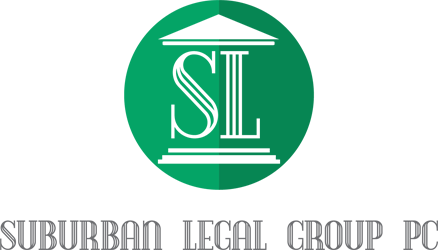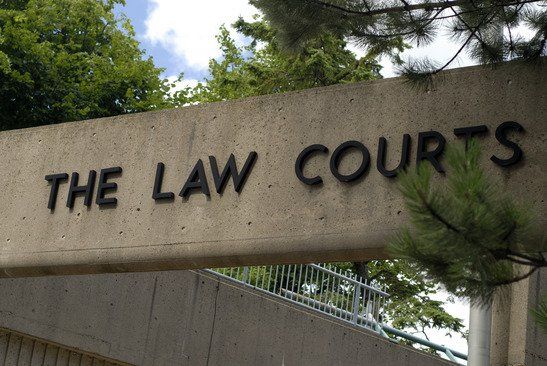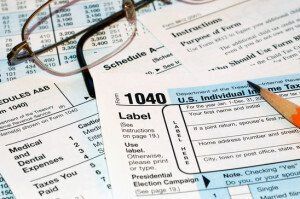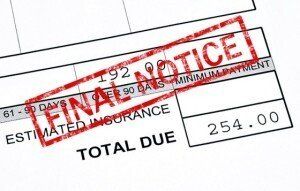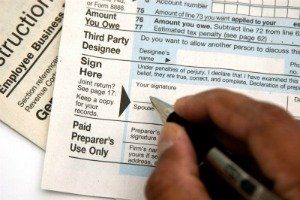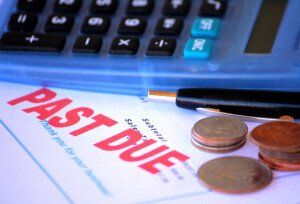What is a Tax Lien?
A tax lien occurs when the government places a claim against the assets owned by a business or an individual when there are outstanding taxes owed. If the business or individual fails to satisfy the tax debt, the government may move to seize the asset or assets and sell them to pay for the debt.
Not only can the federal government place a tax lien on the property when someone is behind on their income taxes, but local governments can also place tax liens on property when local income taxes or property taxes haven’t been paid. The government will send you a letter if they decide that you owe money, but they won’t place a tax lien on your property until you fail to pay the debt or ignore the notice.
In many cases, a tax lien is placed on physical property like a house or land, but the government may also place a tax lien on assets like vehicles or securities. The government may place additional liens on property acquired by the debtor after the initial lien has already been filed.

Can You Get Rid of a Lien?
The act of placing a lien on your property doesn’t mean that you will lose your house, car, or other asset. The official Internal Revenue Service website indicates that there are three ways to get rid of a lien. Those ways include “discharge of property,” “subordination,” or “withdrawal.”
A discharge of property means that the government removes the lien from a piece of property. As a taxpayer, you can apply for a “Certificate of Discharge from Federal Tax Lien.”
The second option, “subordination,” means that the government will allow other creditors to collect on debts before the IRS lays claim to an asset. Normally, the government has priority for seizing assets when there are taxes owed.
The third option, which is known as “withdrawal,” occurs when the Notice of Federal Tax Lien is removed even if the taxpayer still owes the government money. In order to secure a withdrawal, you may need to meet certain guidelines published by the government.
The IRS indicates that it is possible to avoid tax liens:
“You can avoid a federal tax lien by simply filing and paying all your taxes in full and on time. If you can’t file or pay on time, don’t ignore the letters or correspondence you get from the IRS. If you can’t pay the full amount you owe, payment options are available to help you settle your tax debt over time.”
If you are unable to pay all of the taxes you owe, the government won’t automatically seize your property the first chance it gets. The government will work with you as long as you remain in contact and don’t ignore their messages about paying your tax debt.
A Tax Lien is Different from a Tax Levy
A tax levy is a more serious issue than a tax lien because it is the actual seizure of a piece of property by the government to satisfy a tax debt. A refusal to pay your taxes or the act of ignoring the requests by the IRS to pay a tax debt may result in the issuance of a levy by the government and the sale of the property to satisfy the tax debt.
Are You Dealing with IRS Problems or a Tax Lien?
Would you like assistance from an experienced legal professional with experience in tax and IRS issues? Contact Suburban Legal Group for assistance with all matters relating to Tax and IRS problems. A consultation is the first step.
DISCLAIMER: All information on this website is provided for informational purposes only and is not intended to be construed as legal advice. Suburban Legal Group PC shall not be liable for any errors or inaccuracies contained herein or any actions taken in reliance thereon.
